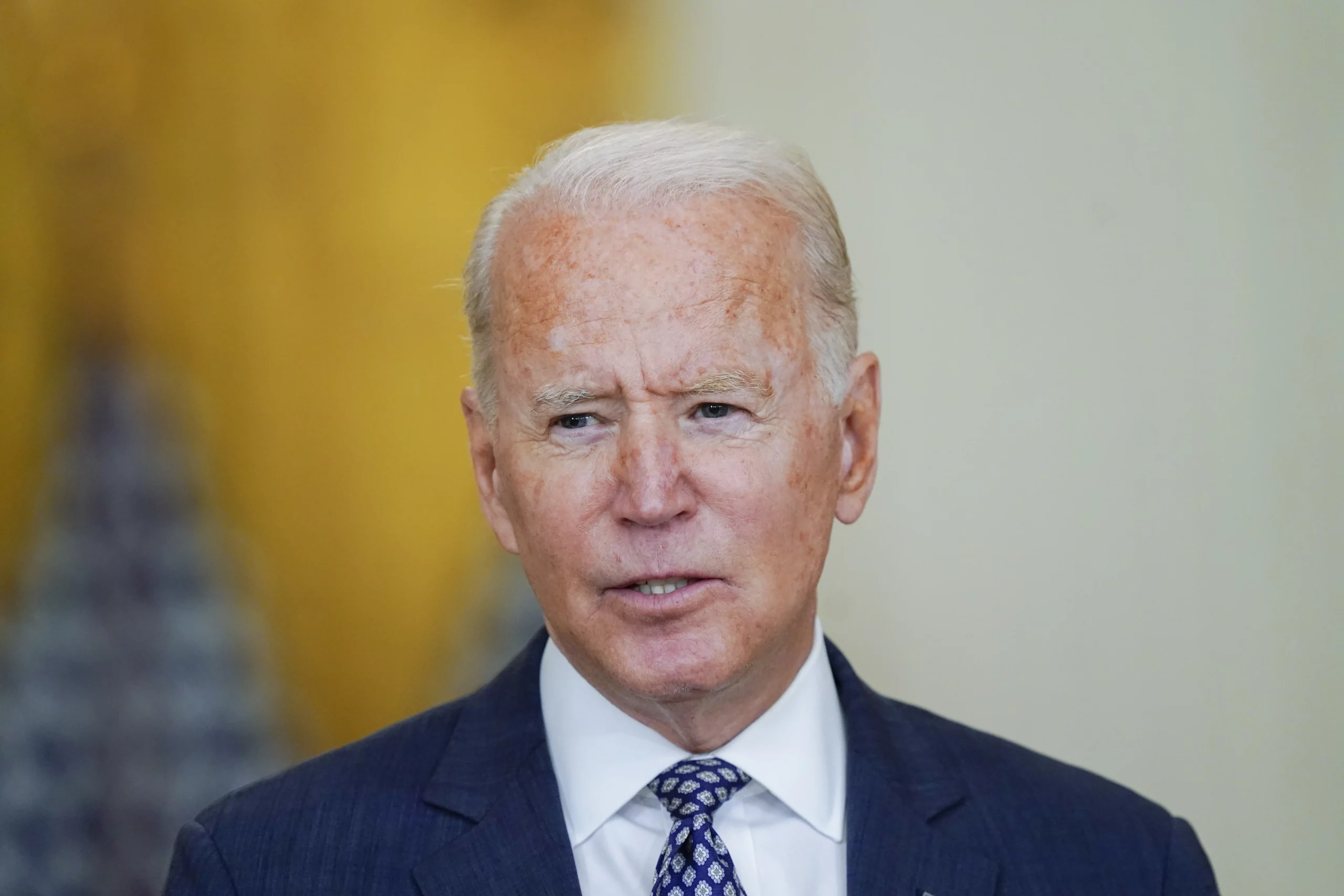

President Joe Biden is actively governing during the last few months of his presidency. The 46th president announced on Thursday over $1.4 billion in funding dedicated to climate change initiatives. The spending includes the allotment of $1.2 billion in funding by the Department of Transportation to empower states to use “cleaner construction materials for transportation projects.”
The funding is part of the Biden administration’s investment in clean energy and other climate initiatives stipulated by the Inflation Reduction Act and Bipartisan Infrastructure Law.
“When President Biden took office, he pledged to restore America’s climate leadership at home and abroad,” a press release read. “Every day since, the Biden-Harris Administration has led and delivered on the most ambitious climate, conservation, clean energy, and environmental justice agenda in history.”
“These efforts, part of President Biden’s Investing in America agenda, include securing the largest ever investment in climate and clean energy in the Inflation Reduction Act and Bipartisan Infrastructure Law – and unleashing a clean energy manufacturing and deployment boom that has attracted hundreds of billions of dollars in private sector investment; created hundreds of thousands of new clean energy jobs; and lowered energy costs for families while delivering cleaner air and water for communities across the country,” noted the release.
The Biden administration’s announcement for the latest funding of the “Investing in America” agenda featured “new climate investments” in clean energy manufacturing, reducing greenhouse emissions, and lowering home energy costs, according to the press release. The announcement comes as Biden heads to South America, most likely for the final time during his presidency, for the Asia-Pacific Economic Cooperation forum and a “historic” trip to the Amazon “to engage with local and Indigenous leaders” to discuss ecosystem preservation and protection.
The announced funding includes $18 million from the Department of Energy as part of the Bipartisan Infrastructure Law, which will be distributed to 61 local and territorial governments. The White House announced that this financial package will fund a variety of “energy efficiency and decarbonization projects.”
Additionally, the Department of Agriculture will grant $256 million as part of the Inflation Reduction Act to fund “more than 1,100 clean energy projects in 40 states.” It will incentivize “agricultural producers and rural small business owners” to shift away from fossil fuels and increase their usage of clean energy sources such as “wind, solar, geothermal and small hydropower energy and make energy efficiency improvements.” Such investments will facilitate a culture change to clean energy in these industries, which, in turn, will lead to an increase in income and business size while simultaneously “addressing climate change.”
CLICK HERE TO READ MORE FROM THE WASHINGTON EXAMINER
Lastly, the U.S. Department of Transportation will grant $1.2 billion to “empower states” to use “construction materials that create less pollution, including asphalt, glass, steel, and concrete, for infrastructure projects.” This will lead to a surge in demand for such new materials that will revolutionize the transportation and infrastructure industries while simultaneously addressing climate change issues. Ultimately, it will advance the Biden administration’s climate change agenda to shift the nation to “more sustainable construction practices.”
“These investments build on an expansive climate and conservation record led by President Biden and Vice President Harris that has reduced emissions, created jobs, and expanded manufacturing in every sector across the country,” the White House said. “Since the Inflation Reduction Act was signed into law, the Administration has awarded more than $98.5 billion in grants for projects across the country, and the private sector has responded to the laws’ historic incentives with nearly $300 billion in announced investments in clean energy and battery manufacturing and clean power generation during that period.”






